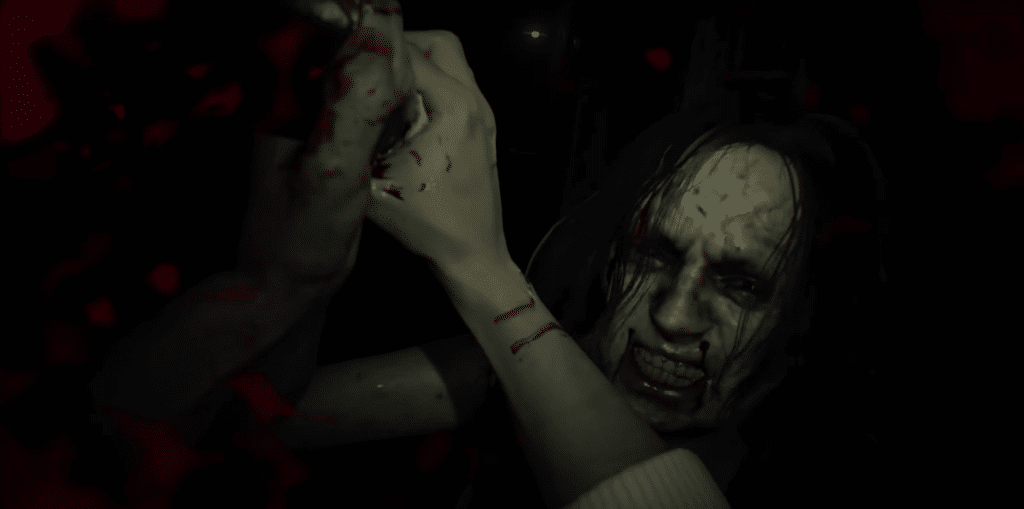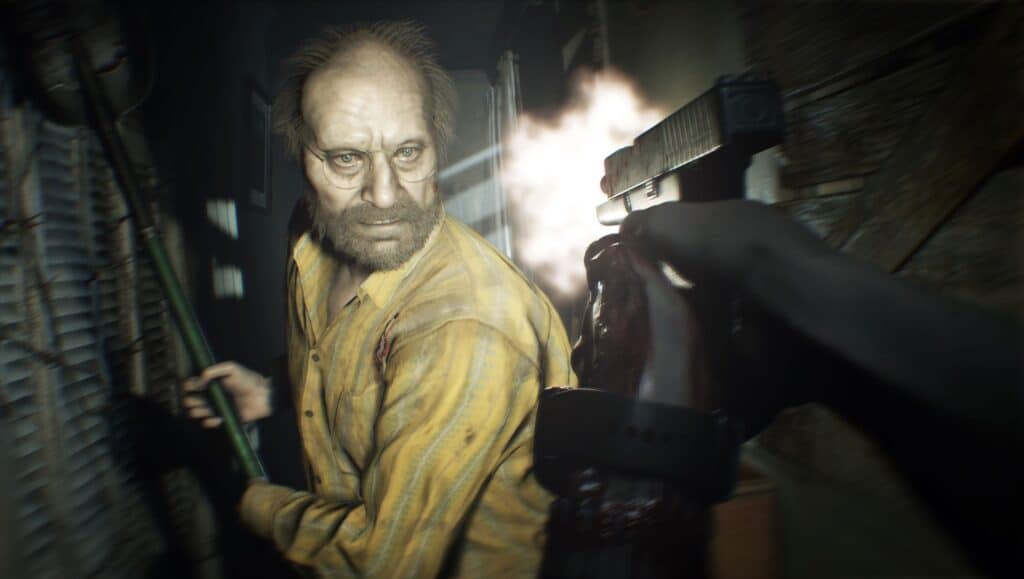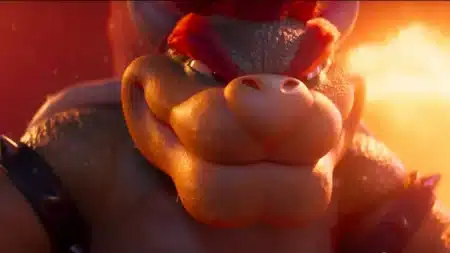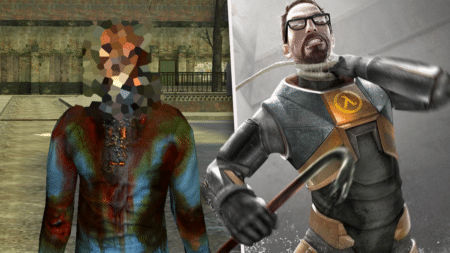Resident Evil is one of the most iconic and beloved video game franchises of all time, with a storied history dating back to the mid-1990s. However, in recent years, the series had started to lose its way, with games that strayed too far from the original formula and failed to capture the magic of the earlier entries. Fans were becoming disillusioned, and it seemed like the once-mighty franchise was on the brink of collapse. But in 2017, Resident Evil 7 was released, and it marked a bold new direction for the series that would prove to be a lifesaver for the franchise.
For years, Resident Evil has been one of the most successful and acclaimed video game franchises in the world. The early entries in the series were groundbreaking, combining horror, action, and puzzle-solving elements in a way that had never been seen before. But as time went on, the series began to lose its way. The games became more focused on action and less on horror, with increasingly convoluted storylines and a lack of innovation. Fans started to lose interest, and the critical reception of the games began to suffer.

The Breath of Fresh Air
Resident Evil 7’s bold new direction marked a significant departure from the series’ traditional gameplay mechanics and storyline. The game moved away from the action-packed, over-the-top approach of Resident Evil 5 and 6 and instead embraced a more intimate, first-person perspective. This change in gameplay was a major gamble for Capcom, as it had the potential to alienate fans of the series who had grown accustomed to the series’ established gameplay style.
However, it also opened up new opportunities to explore the horror genre in new ways. One of the most significant changes in gameplay was the shift to a first-person perspective, which allowed players to become fully immersed in the game’s world. This change gave players a more visceral and personal experience of the game’s horror elements as they were forced to confront the terrifying events that unfolded in front of them. The first-person perspective also allowed for a greater sense of tension and vulnerability, as players were no longer able to rely on the series’ established mechanics for survival.

Another major change was the game’s setting. Resident Evil 7 is premised in a dilapidated plantation mansion in rural Louisiana, a stark contrast to the urban environments of previous games. The change in setting allowed for a more atmospheric and claustrophobic experience, as players were forced to navigate through cramped corridors, darkened hallways, and gruesome environments. The game’s location was also used to great effect in creating a sense of isolation and helplessness, as players were cut off from civilization and forced to confront the horrors of the mansion alone. The game also introduced a new cast of characters, most notably the Baker family, who quickly became fan favorites. The Bakers were a dysfunctional family of cannibalistic, mutated monsters and provided a formidable and terrifying enemy for the player to face. The family’s twisted backstory and motivations were slowly revealed over the course of the game, adding depth and complexity to the game’s storyline.
Overall, Resident Evil 7’s bold new direction breathed new life into the franchise and helped to save it from potential doom. The game’s departure from the series’ established mechanics and storyline allowed for a fresh perspective on the horror genre while still retaining the iconic elements that had made the series a classic. The game’s success proved that there was still an appetite for survival horror and paved the way for future entries in the franchise to continue to push the boundaries of what the series was capable of.
The Reception of Resident Evil 7
Resident Evil 7 was met with critical acclaim upon its release. Critics praised the game for its return to horror, innovative gameplay, and immersive atmosphere. Fans of the series were also pleased with the game, as it felt like a return to form for the franchise. The game went on to sell over 7.5 million copies worldwide, making it one of the best-selling entries in the series.
The success of Resident Evil 7 proved that there was still a lot of life left in the franchise. Capcom went on to release Resident Evil 2 and 3 remakes, both of which were critically acclaimed and commercially successful. They also released Resident Evil Village, which continued the first-person perspective and survival horror elements of Resident Evil 7. The future of the franchise looks bright, with more games and even a Netflix series in development.










